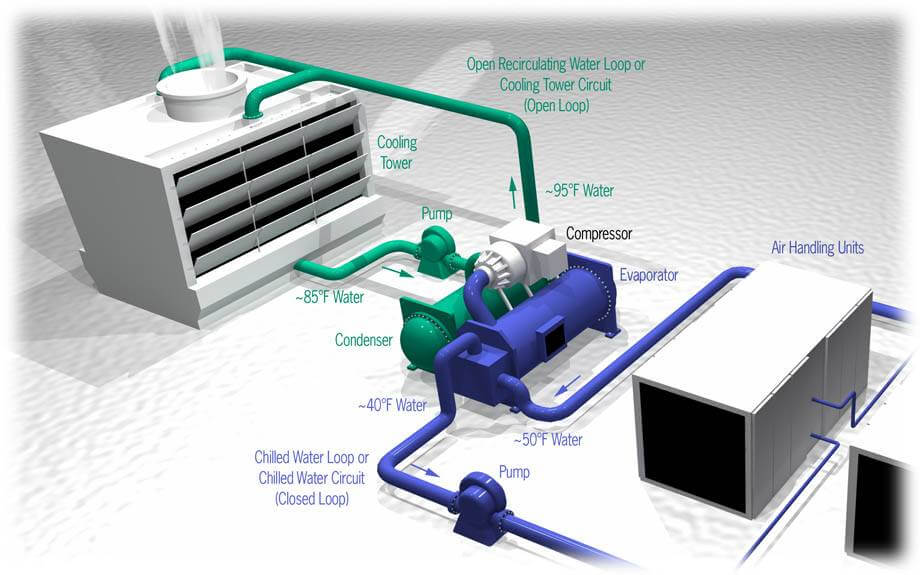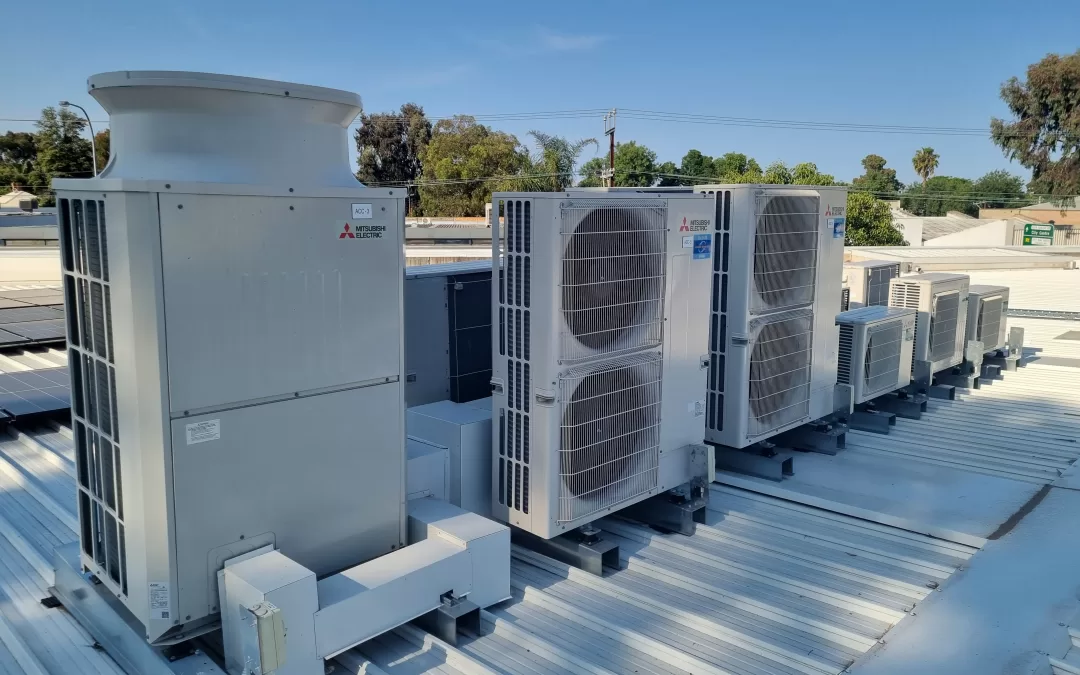Professional Furnace Repair Experts For Commercial Heating And Cooling Needs
Professional Furnace Repair Experts For Commercial Heating And Cooling Needs
Blog Article
Your Guide to Selecting the Right HVAC System for Your Demands
Selecting a suitable a/c system is an essential decision that can considerably affect convenience and power performance in your house. Numerous aspects must be weighed, consisting of the dimension of your home, neighborhood climate conditions, and particular home heating or cooling requirements. Furthermore, comprehending the different sorts of systems offered and their energy scores can help direct your choice. By assessing these elements thoroughly, you can avoid common pitfalls. What key factors to consider should you focus on to guarantee your financial investment satisfies both instant and long-term requirements?
Comprehending HVAC System Kind
When choosing a heating and cooling system, it is necessary to recognize the different types readily available to satisfy your specific demands. The primary groups of a/c systems include main air conditioning systems, ductless mini-split systems, heat pumps, and heater systems.
Central air systems are designed to cool down multiple spaces using ductwork to disperse conditioned air. They are perfect for bigger homes requiring regular temperature control. Ductless mini-split systems, on the various other hand, provide versatility and efficiency, as they enable zoning capacities, allowing specific room temperature level regulation without the requirement for ductwork.
Warmth pumps operate by transferring heat rather than producing it, making them an energy-efficient alternative for both home heating and air conditioning. Conversely, furnace systems use combustion to create warm, making use of either oil, electrical power, or gas.
Each system has distinctive benefits and factors to consider, consisting of installment demands, upkeep, and general expenses. Comprehending these types will help property owners make informed decisions based on their specific demands, environment, and spending plan restrictions, eventually making certain optimum comfort and efficiency.
Examining Power Performance
Energy effectiveness is a crucial aspect in the choice of a Heating and cooling system, as it straight affects both utility prices and environmental sustainability. The Seasonal Energy Effectiveness Ratio (SEER) and the Home Heating Seasonal Efficiency Variable (HSPF) are essential signs for air conditioning systems, representing their effectiveness over a regular cooling and home heating season, specifically.
Furthermore, search for systems that have made the ENERGY STAR label. This accreditation indicates that the devices fulfills strict power efficiency standards set by the U.S. Environmental Protection Company. Think about the system's variable-speed technology, which enables more reliable procedure by adjusting the outcome to match need, better boosting energy cost savings.
Moreover, proper insulation and duct sealing can considerably affect the system's general efficiency. In recap, picking an energy-efficient cooling and heating system not only reduces your energy expenses yet additionally adds to an extra sustainable setting, making it a vital factor to consider in your purchasing procedure.
Assessing System Dimension
Choosing the ideal dimension for a HVAC system is crucial to guaranteeing optimum efficiency and performance. A small system may battle to keep preferred temperature levels, resulting in increased deterioration, greater energy intake, and lessened comfort. Alternatively, an extra-large system can bring about rapid biking, which not only creates ineffectiveness however likewise influences humidity control and air top quality.
To evaluate the ideal sizing, it is important to perform a lots estimation, which considers aspects such as the square video of the area, insulation degrees, home window dimensions, and neighborhood climate conditions - furnace installation. This computation assists figure out the British Thermal Systems (BTU) required for heating and cooling. Additionally, it is essential to account for particular needs, such as the variety of passengers and the presence of heat-generating devices

Setup Expenses and Spending Plan
An extensive understanding of installment costs is essential for house owners and organizations thinking about a brand-new HVAC system. The overall cost of installment can differ extensively based upon a number of variables, consisting of the sort of system, the intricacy of installation, and the place of the home. Generally, setup expenses can vary from $3,000 to $10,000, relying on the system's size and performance.
When budgeting for a HVAC system, it is crucial to take into consideration not only the first installment expenses yet additionally any added expenses that may emerge, such as ductwork alterations, electrical upgrades, or authorizations. Additionally, it is suggested to get numerous quotes from qualified a/c contractors to make certain competitive prices.
Property owners must also consider the possible long-lasting savings connected with energy-efficient systems. While the in advance costs might be greater, energy-efficient versions can lead to considerable financial savings on utility expenses gradually.

Upkeep and Durability Factors To Consider

Proper maintenance consists of regular evaluations, filter replacements, and cleansing of ducts and coils (furnace installation). Ignoring these tasks can result in reduced efficiency, increased power expenses, and early system failure. Property owners ought to likewise consider the availability of solution contracts, which typically offer scheduled upkeep he said and priority solution, making certain that the system continues to be in peak condition
Durability differs by system kind; for example, well-maintained central air systems can last 15 to two decades, while heatpump may have a life-span of 10 to 15 years. Picking a system with a strong track over at this website record for reliability, in addition to spending in routine maintenance, can substantially improve the system's longevity. Additionally, going with higher-efficiency designs may lead to long-term cost savings on power costs, stabilizing the initial investment over time.
Conclusion
In final thought, selecting a proper HVAC system requires mindful factor to consider of numerous aspects, including system kinds, energy effectiveness, and size. Ultimately, an educated decision will certainly enhance convenience and effectiveness in property environments while making best use of power savings.
Picking an appropriate A/c system is an essential decision that can substantially influence comfort and energy efficiency in your home.Power effectiveness is a vital factor in the selection of an A/c system, as it directly impacts both utility costs and environmental sustainability. The Seasonal Energy Effectiveness Ratio (SEER) and the Home Heating Seasonal Efficiency Variable (HSPF) are vital indications for air conditioning systems, representing their effectiveness over a common air conditioning and home heating season, respectively. Picking a system with a strong credibility for dependability, along with investing in routine maintenance, can substantially improve the system's toughness.In final thought, picking an ideal Cooling and heating system requires careful consideration of various elements, useful link including system kinds, power performance, and size.
Report this page